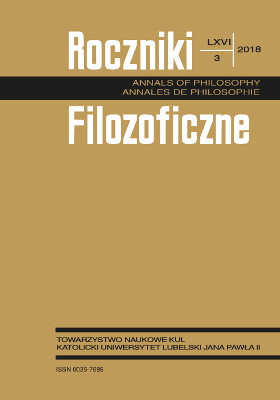Contextual Emergence and Its Applications in Philosophy of Mind and Cognitive Science
Contextual Emergence and Its Applications in Philosophy of Mind and Cognitive Science
Author(s): Robert PoczobutSubject(s): Philosophy, Special Branches of Philosophy, Philosophy of Mind
Published by: Towarzystwo Naukowe KUL & Katolicki Uniwersytet Lubelski Jana Pawła II
Keywords: contextual emergence; philosophy of mind; cognitive science; contextual explanation
Summary/Abstract: The purpose of the article is to analyze the concept of contextual emergence as well as its selected applications in philosophy of mind and cognitive science. In the first section the author presents the general assumptions of the emergentist model of reality. He stresses that the concept of emergence can be applied to the description of various levels of organization of nature: one of these levels is that of mental-cognitive processes, analyzed within the fields of philosophy of mind and cognitive science. In the subsequent sections, he introduces the definitions of contextual emergence and systemic causation and he points to their selected applications to mental-cognitive systems. In the concluding part, he presents the ideas of Gerald Edelman and Michael Gazzaniga on the role of contextual explanations as well as the concepts of emergence in the philosophy of biology and cognitive neuroscience. He also indicates the possibility of incorporating the concept of contextual emergence into active externalism and the extended cognition theory.
Journal: Roczniki Filozoficzne
- Issue Year: 66/2018
- Issue No: 3
- Page Range: 123-146
- Page Count: 24
- Language: English

